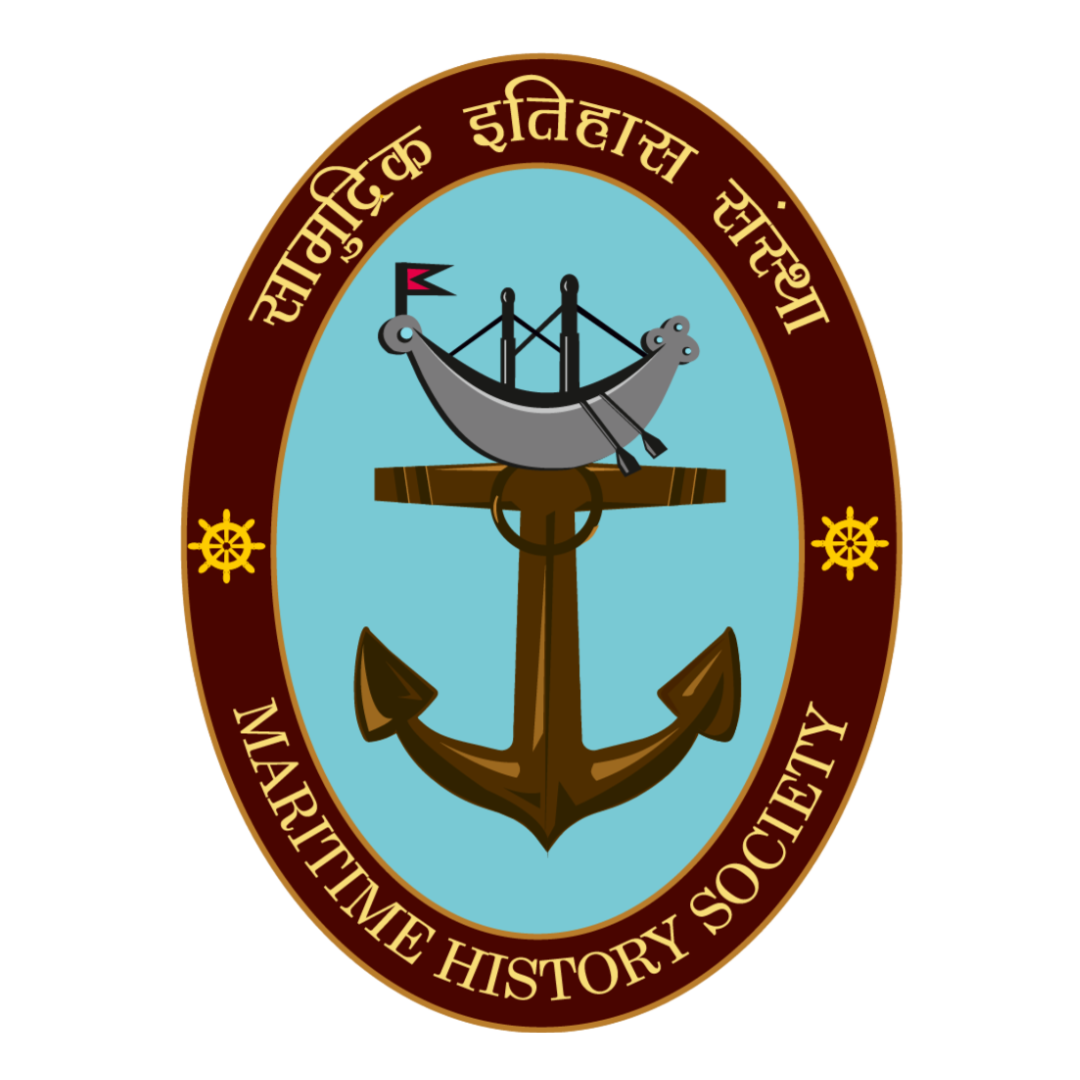An understated facet of colonial history of the Indian Sub-continent is the role played by food in inviting the Europeans to this huge landmass. If one is to study the voyage of Vasco da Gama and his passion for discovering the sea route to India, it all comes down to his one ambition – “For Christian and Spices.” The Portuguese, the Dutch, French and much later the English took on navigating the harsh seas in discovery of the land on the East in search of the priceless spices that weighed in gold, literally. The king of these spices, and the much sought after ingredient was the ‘piper nigrum’ or more commonly known as the Black Pepper. Native to the Indian Sub-continent, this Black Pepper built a reputation in Europe as the most eluded spice. Royal families, rich merchants and traders were willing to pay in gold and silver for a handful of Pepper to adorn their dining tables.
But Pepper, since the ancient times, was not sought after only as a taste ingredient in food but from the times of the Ancient Romans was popular as a medicine against some of the common aches and ailments. Though the Europeans tried to hunt down Pepper through sea routes, the Pepper trade was in vogue from way before. Although the Europeans loved Pepper, they were the last to join the pepper trade in the Indian Ocean – the Gujaratis from the northwest Coast, Bengalis, Tamils, Arabs, Southwest Asians, and the Chinese had been trading the spice for hundreds of years. The great Treasure Fleet of the Ming Dynasty, which sailed as far as the east coast of Africa in the early part of the 15th century, made a beeline for the southwestern coast of India to purchase Pepper. Great port cities in Malaysia and Indonesia were built on the pepper trade, and thrived long before the Europeans entered the Indian Ocean.
Having never seen the Pepper plantations, the Europeans had their own tales to narrate around its growth and the fanciful ideas about its production. It was only with more frequent travels in the 16th and the 17th centuries that these myths around Pepper were dispelled. An early near-accurate account of Pepper was given by a Portuguese physician and naturalist Garcia da Orta, who lived in Goa and published a profoundly influential treatise on the medicinal plants of India in 1563.
The history of black Pepper is bound by two companies, the English East India Company and the Dutch East India Company or VOC, and the spice gave birth to the insidious opium trade when the Dutch first offered the narcotic as payment for Pepper grown along the Malabar Coast. This was thus the reason among many that Voltaire wrote that after the year 1500 there was no Pepper obtained from India that was “not dyed red with blood.” While many other spices from South Asia found their way to Europe, Black Pepper was one of the key ingredients that shaped the history of modern colonial world. Today, what we easily get in small bottles and found in recipes across the globe, were once worth a two-day salary of a common English man of medieval times.
The Pepper attracted the Europeans to Asia which led to colonisation in the future for other produces’ of the land. Replaced later with silk and tea, Pepper and many other spices still remain the primary reason for the Portuguese and other Europeans to sail thousands of miles to reach the unknown shores of India thus marking the beginning of a new era. The Europeans came in for spices and left with much more and creating global history crossing national borders.
References:
Freedman, Paul. Out of the East: Spices and the Medieval Imagination. New Haven & London: Yale University Press, 2008.
Shaffer, Marjorie. Pepper: A History of the World’s Most Influential Spice. New York: St. Martin’s Press, 2013.




0 Comments